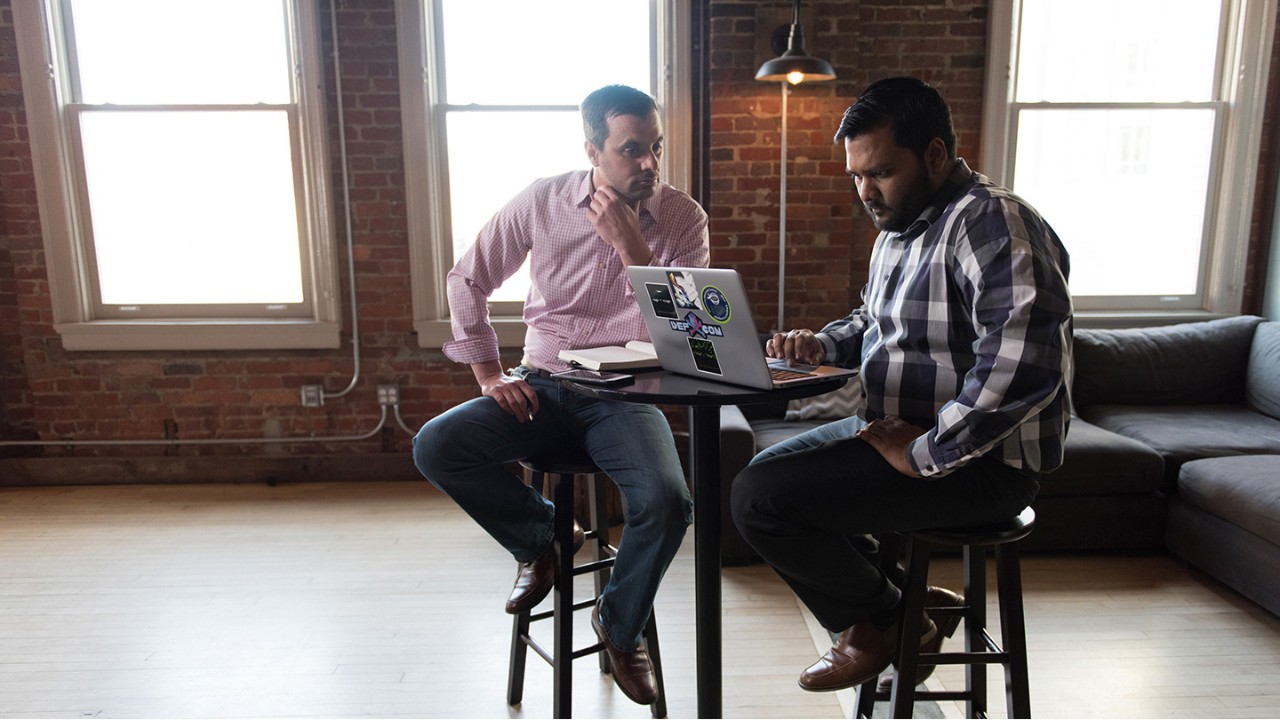According to the “Stanford Medicine 2017 Health Trends Report: Harnessing the Power of Data in Health,” it's estimated that the amount of medical data grows by 48 percent each year. With all of this data comes opportunity, but do healthcare systems know how to share data in the most efficient way?
Many organizations within the healthcare sector are beginning to understand the potential applications of blockchain including clinical data sharing, research data exchange, population surveillance, and claims adjudication. The common denominator across these use cases in the ability to securely and verifiable exchange sensitive information, but the mechanics of such a system still remain in large part undefined. Through our work with health clients, Booz Allen is leading the way in developing data-sharing solutions that make these seemingly abstract applications of blockchain real. There’s a lot of talk about blockchain technology and its ability to protect the transmission of patient data while enabling transparency among medical providers. But, is this true?


